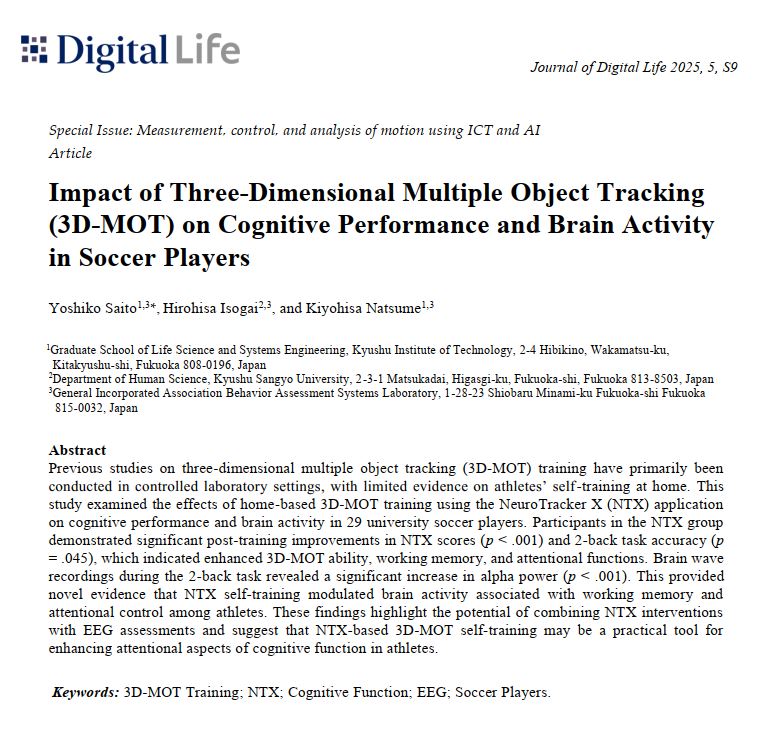Welcome to the Research and Strategy Services at in today's fast-paced.


The human brain is often regarded as the most complex organ in the body, and it's no wonder why. With its 86 billion neurons and trillions of synaptic connections, the brain is capable of extraordinary feats, from orchestrating our every move to creating our memories and emotions. Despite decades of research, the brain continues to surprise us with its secrets. Here are some fascinating neuroscience findings about the human brain that you may not know.

It's long been known that many animals, like birds and sea turtles, can sense the Earth's magnetic field to navigate their environments. Surprisingly, recent research suggests that humans may possess a weak form of this ability too. A 2019 study published in the journal eNeuro showed that certain human brain cells, specifically in the visual cortex, respond to changes in magnetic fields. This study, led by a team from Caltech, found that participants showed distinct changes in brainwave patterns when exposed to a rotating magnetic field. These findings suggest that humans might have a subconscious ability to sense geomagnetic fields, although the function of this ability remains unclear. Could this be an ancient survival trait, or does it play a subtle role in our spatial orientation? The full potential of this sense is still being explored, but it is a surprising addition to the list of human sensory abilities!
Have you ever had a "gut feeling" about something? Your gut might actually be more perceptive than you think! The enteric nervous system, often referred to as the "second brain," contains over 100 million neurons—more than the spinal cord. This intricate network not only controls digestion but also communicates directly with the brain via the vagus nerve. Recent studies suggest that the gut-brain axis plays a crucial role in emotional regulation and even cognitive functions. Research published in the Journal of Clinical Investigation in 2022 indicates that the gut microbiome's composition can affect mood and behavior, linking gut health directly to mental health. This connection has opened up new avenues for understanding disorders like anxiety, depression, and even neurodegenerative diseases.
A lesser-known fact about the brain's visual processing might surprise you: the brain processes what you see in reverse. When light hits the retina, it's converted into electrical signals that travel to the primary visual cortex at the back of the brain. From there, these signals are forwarded to the front part of the brain for interpretation. This reverse processing means our brain is constantly flipping and reinterpreting images to create a coherent visual experience. Moreover, a recent study published in Nature Neuroscience revealed that this process is even more complex than previously thought, involving multiple feedback loops that refine our perception based on prior knowledge and expectations.
Despite making up only about 2% of a person's body weight, the human brain consumes a staggering 20% of the body's total energy. This might seem excessive until you consider the brain's ceaseless activity—even during sleep, it’s busy processing information and maintaining essential functions. Recent findings in Current Biology have shown that a significant portion of this energy is dedicated to maintaining the "default mode network," a network of interconnected brain regions involved in self-referential thought, memory, and daydreaming. This high energy demand highlights the brain's constant state of readiness and the incredible amount of work it does even when we think we are "doing nothing."
We all know sleep is vital for health, but it also plays a critical role in maintaining brain health. During sleep, the brain undergoes a cleansing process called the glymphatic system, which washes away toxic proteins and metabolic waste. A groundbreaking study published in Science in 2020 found that this process is particularly effective at clearing away beta-amyloid, a protein associated with Alzheimer's disease. This discovery underscores the importance of quality sleep for cognitive function and highlights sleep as a potential target for preventing neurodegenerative diseases.
Have you ever wondered how some people have a knack for navigation? It turns out our brains have a dedicated system for spatial awareness, centered in the hippocampus. Within this region are specialized neurons called "place cells" that help us understand our position in space. Additionally, "grid cells" in the entorhinal cortex create a mental map, allowing for precise navigation. Recent research from a 2021 study in Nature has shown that this system is even more sophisticated than previously thought, with these cells encoding not just location but also time and experience, enabling us to navigate through both space and time.
It might sound like science fiction, but your brain is constantly predicting the future. This process, known as predictive coding, involves using past experiences to anticipate what will happen next. It allows for rapid decision-making and helps us react quickly to changes in our environment. A study in Nature Communications in 2022 revealed that the brain uses a network of regions, including the prefrontal cortex and basal ganglia, to generate these predictions. This ability to anticipate and adjust our behavior is fundamental to learning and adapting to new situations.
The aging process affects different parts of the brain at varying rates, which might explain why some cognitive functions decline while others remain intact. A 2021 study in Nature Neuroscience found that while the prefrontal cortex, which is responsible for decision-making and complex thought, tends to shrink with age, other regions like the cerebellum, which coordinates movement, remain relatively preserved. This uneven aging pattern suggests that engaging in activities that stimulate different brain areas—such as physical exercise and challenging mental activities—can help maintain cognitive function as we age.
One of the most intriguing discoveries in neuroscience is the existence of highly specialized neurons that respond to specific people or concepts. In a famous 2005 study, researchers identified neurons in the medial temporal lobe that only responded when subjects were shown pictures of or heard references to actress Jennifer Aniston. This suggests that certain neurons are tuned to recognize very specific, familiar stimuli, hinting at how the brain might efficiently store and retrieve memories. This phenomenon also raises fascinating questions about the neural basis of recognition and memory.
Forgetting might seem like a nuisance, but it is actually a crucial function of the brain. A 2022 study published in Neuron suggests that forgetting is an active process that helps the brain manage the vast amounts of information it encounters daily. By forgetting irrelevant information, the brain frees up resources to focus on what's truly important, allowing for more flexible thinking and learning. This deliberate forgetting process is thought to be mediated by specific molecular pathways that actively erase or suppress memories.








Welcome to the Research and Strategy Services at in today's fast-paced.

An evidence-based discussion of whether activities like crosswords and Sudoku meaningfully improve brain health, clarifying what they support, what they do not, and why benefits are often misunderstood.

Check out these excellent insights on the role of neuroscience in sports performance.

Learn about your brain's remarkable neuroplasticity.
.png)